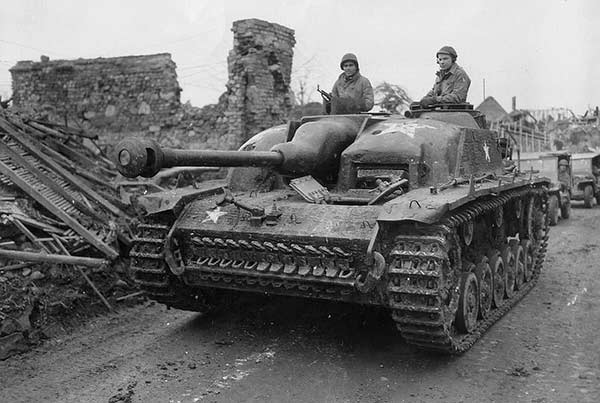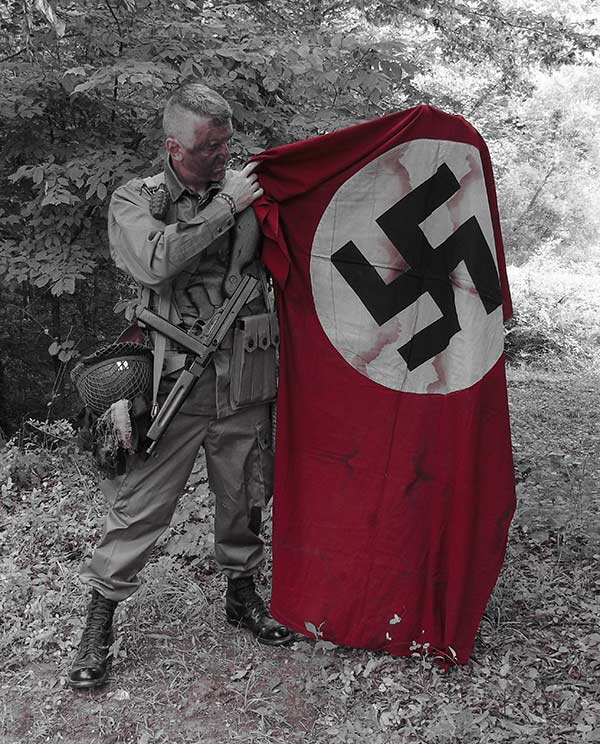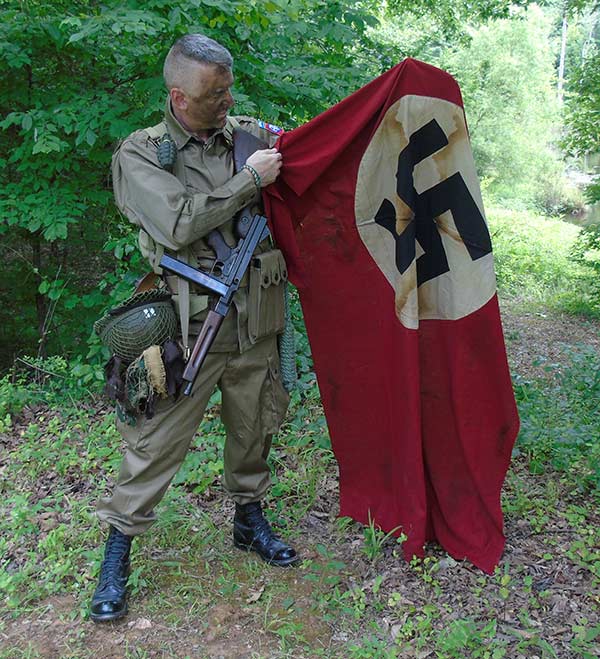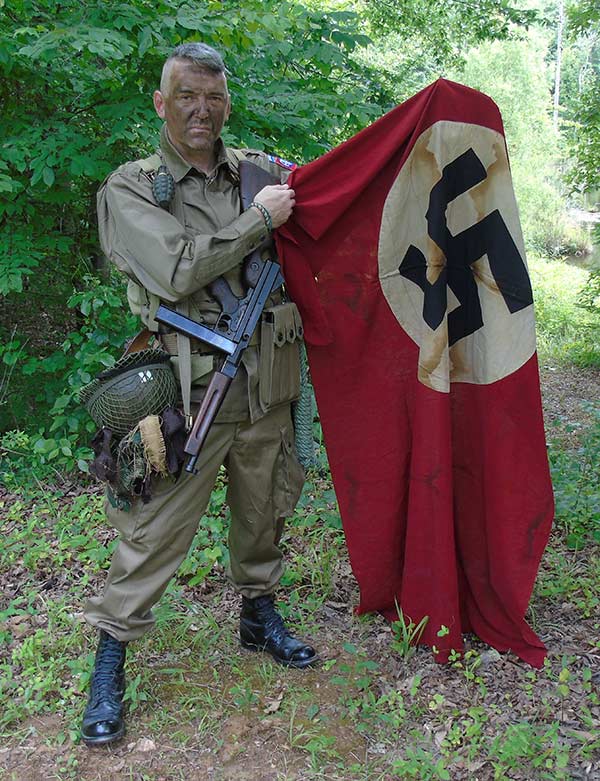He was the last one. Like the dodo, the Tasmanian tiger, the passenger pigeon, or the Great Auk, William Strickland was the very last of his species. Mr. Strickland was the last of my close personal friends who served in World War II, and now he’s gone. I’m honestly struggling with that.
The man died at age 95 after a rich, long life, exceptionally well-lived. He left behind a devoted wife and expansive family along with battalions of buddies like me. He had been in the local VA nursing home. Thanks to COVID-19 he and his wife had gone a year without touching one another. On a cosmic scale that was just wrong.
Mr. Strickland was an avid student of history and enjoyed a razor-sharp mind. He described events from seven decades ago like they happened last week. There will never be another like him.
I met Mr. Strickland as a patient. I somehow found out he was a veteran and asked the standard questions. The stories that followed moved me.
Mr. Strickland landed in France in September of 1944 at the age of 19 with the 104th Infantry Division, the “Timberwolves.” Eight months later the teenager was an old man. By VE Day he was the War Daddy, the soldier the younger troops were told to stick close to if they wanted to live. War uniquely ages a man.
Mr. Strickland wasn’t really a gun guy, but he definitely knew guns. He landed packing a Garand. They called it the M1. The M1 Carbine was the Carbine, and the M1A1 Thompson was the Thompson. There was, however, always only one M1.
One night he got tagged for a night patrol and wanted something handier than that long, heavy Infantry rifle. He traded his M1 to a 37mm antitank gunner for his Thompson submachine gun and just never gave it back. He said that 37mm was worthless against the German tanks they faced, so it wasn’t like that guy needed it.
The Tommy gun came with five 20-round stick magazines and no web gear. Mr. Strickland carried his magazines in the pockets of his field jacket along with piles of loose .45ACP ammo. He said that during every lull in the action he would drop down behind cover and thumb rounds into his magazines. He packed an M1911A1 pistol as well and extolled the many manifest virtues of ammunition commonality.
I’ve got several tales, but this was the most poignant. They were days from the end of the war, and everyone on both sides knew it. The 104th was pulled up on one bank of the Mulde tributary of the Elbe River, while the battered remnants of the Wehrmacht occupied the other. Everybody involved wanted to run out the clock and go home. Some overachiever in the chain of command, however, decided they needed a few prisoners to interrogate. That meant one last combat patrol.
Mr. Strickland’s best friend was a kid from New York named Sol. He and Sol had been together from the beginning, and they took point going into the village. They snatched a pair of beleaguered Krauts in short order and made haste to return. However, their patrol leader was a green Lieutenant who had not yet tasted proper war. He wanted to press on and find some trouble.
Mr. Strickland and Sol found themselves together crouching behind the corner of a brick building. The two young veterans decided this was as far as they were going, orders or not. They passed word back that they were turning around. However, Sol said he was going to take one quick peek around the corner.
Mr. Strickland said he tried to talk his friend out of this. The war was over, and there was nothing in that village that was ever going to make a difference. Sol was not to be dissuaded. He stepped around the corner and immediately caught a burst of 9mm to the chest from a German MP40.
Mr. Strickland leapt around his friend and tore the offending German soldier to pieces with his Thompson. They all then scurried back into the building, Sol under his own steam. Sol then sagged against the wall, sat down heavily, and died.
There wasn’t time to mourn. Mr. Strickland pushed the captured Germans ahead and ran out the back door headed for the river. They hit a tripwire in the backyard, and the two German captives were killed by an anti-personnel mine. The rest of the patrol, now minus his best friend, made it back across the river safely. The war ended mere days later.
In those seven months the Timberwolves suffered 4,961 casualties. In the same timeframe Mr. Strickland earned three Bronze Stars for Valor and a Purple Heart. When he returned home, he sought out Sol’s family in New York and told them what a great friend he had been. Even in his nineties Mr. Strickland was still justifiably bitter about that last patrol.
If you have old people in your life who are special, seek them out. Parents, mentors, friends, or heroes, believe me when I tell you that you are all on the clock. The opportunities to soak up their experience and wisdom are transient and fleeting. I will be forever grateful to call William Strickland a friend. They’ll never make another like him.



